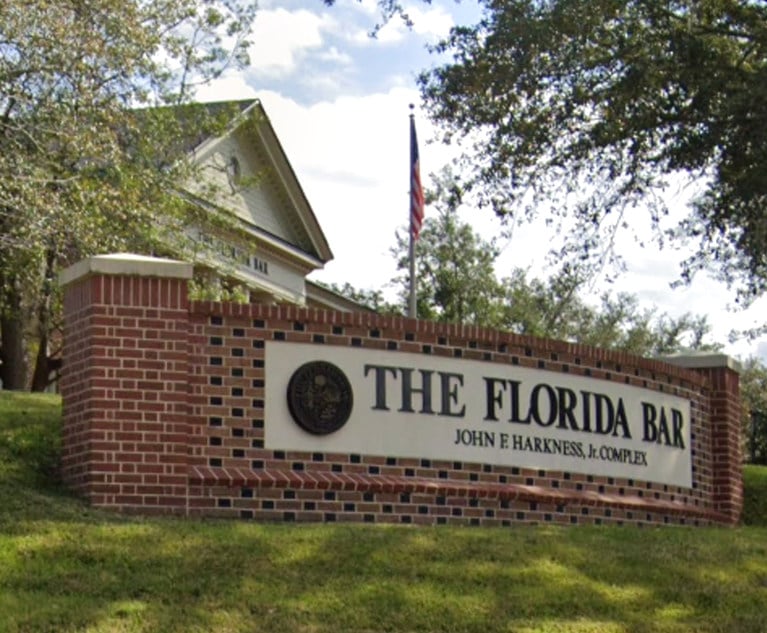Section 1782 (28 U.S.C. Section 1782) provides a powerful tool for parties embroiled in cross-border disputes. It authorizes, but does not require, a federal U.S. district court to order a person or entity who “resides or is found” within the district to produce documents or testimony for use in a “proceeding in a foreign or international tribunal.” The order can be requested by the foreign or international tribunal through a letter rogatory (or similar formal request) or by any “interested person” who files an application for such an order. Section 1782 applications have been granted more often than not, making them a reliable resource for gathering evidence.
Discovery in the United States is incredibly broad when compared with foreign jurisdictions. Thus, Section 1782 has been used by parties to obtain documents and testimony that might not otherwise be available to them abroad. The use of Section 1782 has been on the rise for the past decade, with some folks reporting that the number of applications has more than tripled. This increase seems to coincide with a general rise in cross-border disputes over the same period.
This content has been archived. It is available through our partners, LexisNexis® and Bloomberg Law.
To view this content, please continue to their sites.
Not a Lexis Subscriber?
Subscribe Now
Not a Bloomberg Law Subscriber?
Subscribe Now
LexisNexis® and Bloomberg Law are third party online distributors of the broad collection of current and archived versions of ALM's legal news publications. LexisNexis® and Bloomberg Law customers are able to access and use ALM's content, including content from the National Law Journal, The American Lawyer, Legaltech News, The New York Law Journal, and Corporate Counsel, as well as other sources of legal information.
For questions call 1-877-256-2472 or contact us at [email protected]


 Cristina Rodriguez of Wolfe Pincavage. Courtesy photo
Cristina Rodriguez of Wolfe Pincavage. Courtesy photo




